
The mobile app giving girls in Kenya the freedom to choose
On Day of the Girl, learn about AKF’s partnership with Triggerise to scale the Tiko app, a platform improving access to sexual and reproductive health services for girls and young women
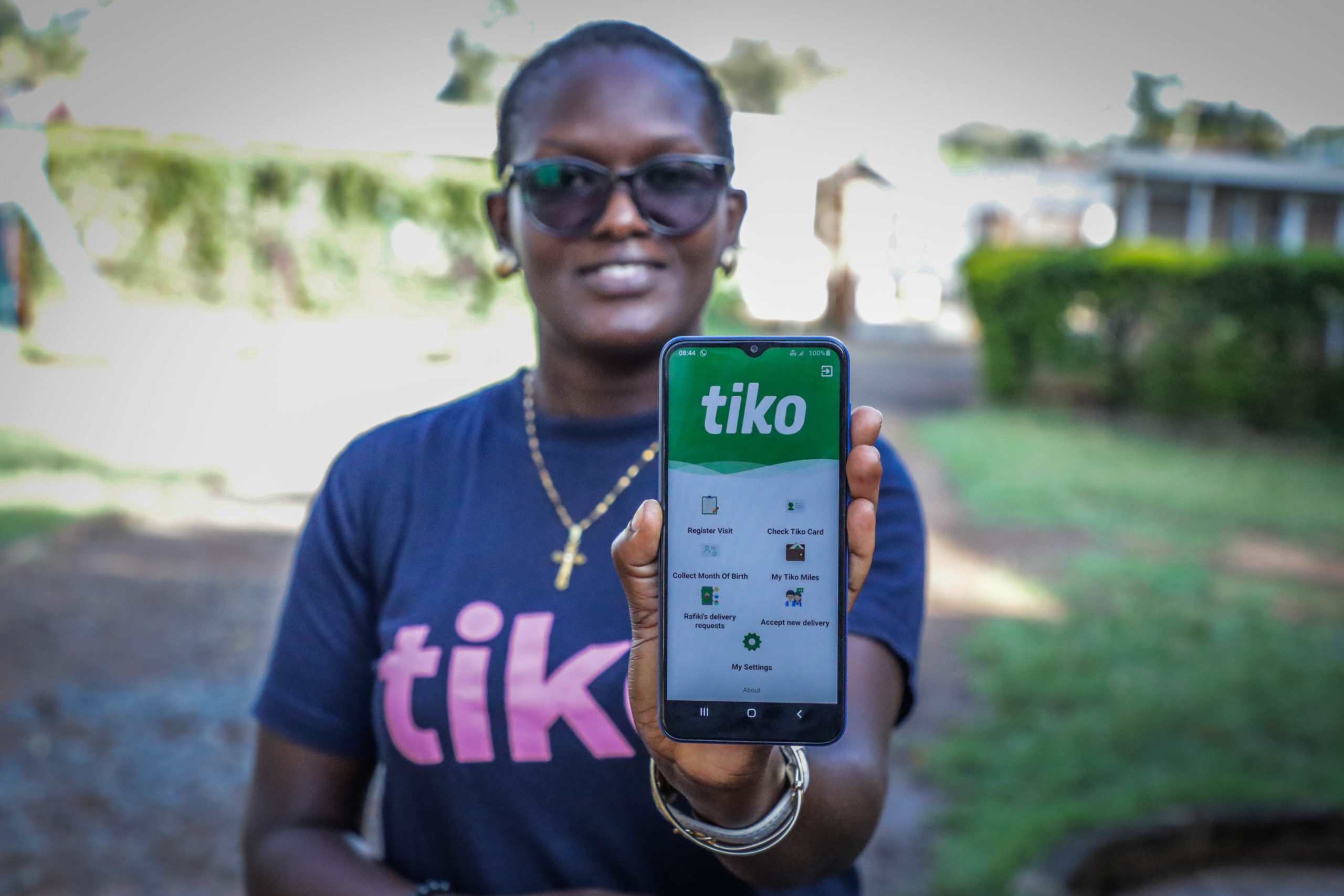
A young woman herself, Steasy Atieno understands the challenges girls face throughout their formative years. Where she lives in northern Kenya, many of these revolve around health, and in particular sexual and reproductive health rights (SRHR). A lack of access to SRHR services, including contraception, coupled with ongoing cultural stigma surrounding the issue, makes it extremely difficult for girls to exercise agency and take control of their bodies.
With the movement restrictions and school lockdowns imposed during the COVID-19 pandemic, it has become even harder for girls to access SRHR services, and Kenya is one of several countries that has seen a spike in unintended pregnancies, HIV infection rates, and gender-based violence as a result.
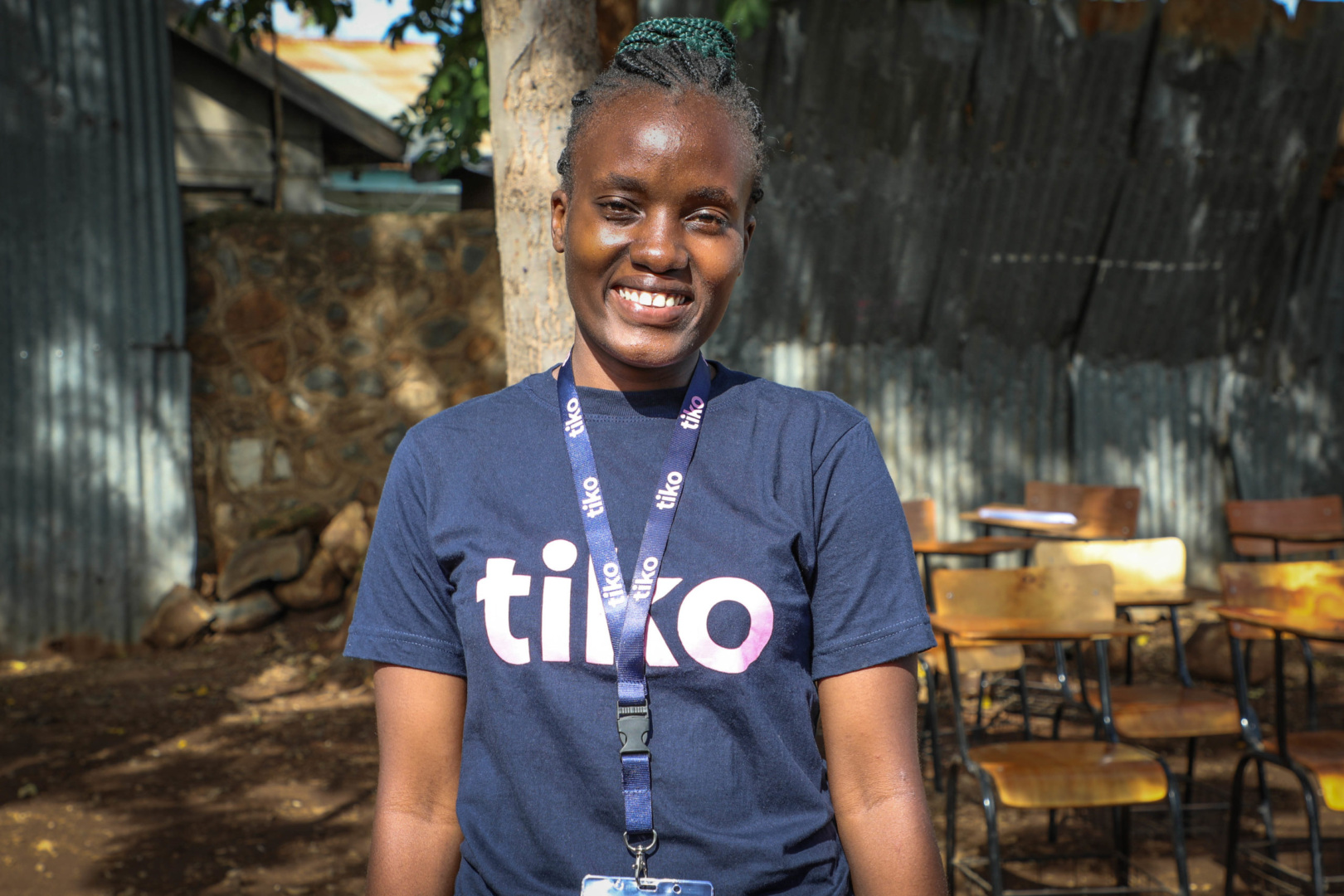
I am a passionate girls advocate, and I know what girls go through. I have to fight for girls’ rights, because we’ve had cases where girls can’t speak for themselves, and they need someone who can speak for them.Steasy Atieno
Choice is an essential factor in SRHR; something which many girls and young women lack worldwide. In Kenya, young people like Steasy are part of a growing force determined to make sure girls are better informed about their bodies and their rights. She is one of more than 950 community mobilisers for the Tiko platform, a mobile app designed and implemented by Triggerise, one of the Aga Khan Foundation’s (AKF) partner organisations in East Africa.
Triggerise is a global NGO harnessing the power of tech to connect young people with health services, community networks, and life skills. Triggerise’s Tiko platform gives girls and women between the ages of 15 and 19 access to free SRHR products and services. Tiko currently has more than two million users and is one of the most impactful health programmes in East Africa.
Recognising the urgent need to improve access to SRHR services during and since the peak of the pandemic, AKF partnered with Triggerise to scale the Tiko platform in Kenya as part of our wider COVID-19 response programme, funded by the EU. The programme is divided into three pillars: community resilience, health system strengthening, and youth wellbeing and livelihoods. The latter includes expanding the reach of SRHR services for adolescents and youth, in particular young women and girls. Since the inception of the programme, more than 35,000 girls have been positively impacted.

35,000
Girls have been positively impacted since the inception of the programme
The Tiko platform is more than just an app. To function effectively and in a way that is empowering for its community of users, it requires an ecosystem of people, institutions, and processes. Steasy works in Kisumu’s Nyalenda slum, where there is a Tiko clinic – one of 270 in Kenya. Tiko clinics are existing private clinics and pharmacies which provide a space to offer confidential SRHR services and distribute SRHR materials.
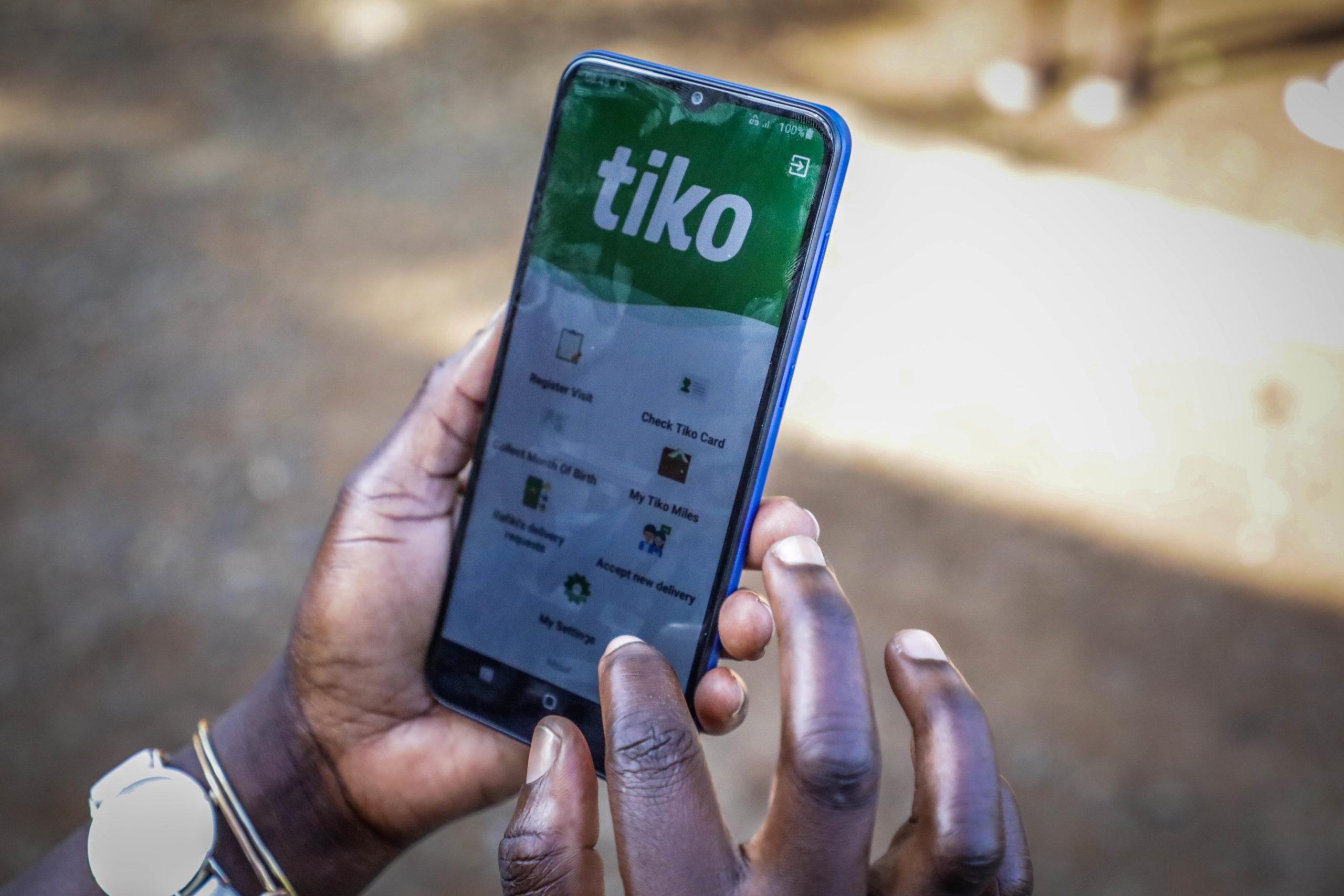
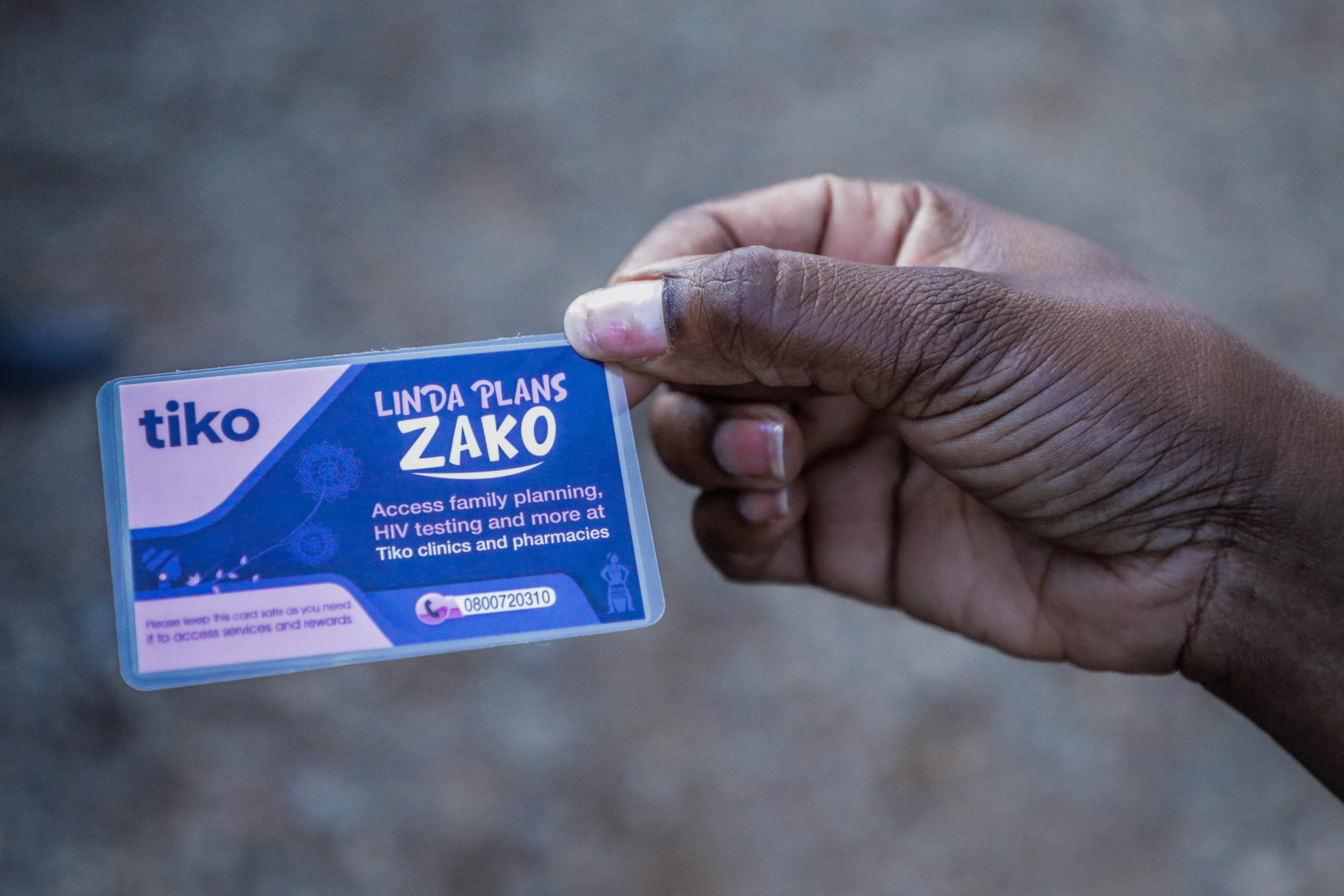
When a girl or young woman visits a Tiko clinic and accesses services, she earns Tiko points which she can spend in a Tiko store. Like the clinics, Tiko stores are existing local businesses, including shops and beauty salons, that are walking distance from a clinic. This incentive scheme is not only encouraging girls to better look after their health, but is also boosting the local economy. Business owners see the value in Tiko and have seen increased sales since establishing as Tiko stores, of which there are currently around 250 across Kenya.
Tiko also partners with local pharmacies as another location for users to spend their Tiko points and access SRHR services. In Nyalenda, the nearest Tiko pharmacy is just a short five-minute walk from the Tiko clinic.
It’s not just the community of users that benefit from the Tiko ecosystem. Tiko mobilisers like Steasy also earn points by referring girls and young women to the platform, which they can do via SMS (low-tech) or a Tiko card (no-tech). Doing so isn’t always easy because of the stigma surrounding SRHR in the communities. Being a Tiko mobiliser is a challenging job – they are often turned away by parents and have to come up with creative ways to educate the community about the importance of SRHR.
Tiko community mobilisers are all volunteers, recruited from local civil society organisations. Steasy is a member of a volunteer-led youth group called Amazon Theatrics Ensemble (ATE), which primarily uses performing arts to raise awareness of the issues impacting their community. Steasy explains, “Performing arts is really effective, because it helps people relate to what girls are going through. We turn up at the local market and start a skit, then we explain what Tiko is. It’s quite discreet, we don’t put up banners or play loud music, but it draws a crowd and provides a platform for us to advocate for girls”.
“We don’t leave boys behind; we have to empower them and encourage them to be male champions of women and girls’ rights”
Edwin Koga – Founder of Amazon Theatrics Ensemble, a youth group in Kisumu, Kenya
Of the 964 community mobilisers, around 80% are young women. The remaining 20% of young men are playing a crucial role in breaking the stigma around SRHR. Edwin Koga, founder of ATE, says that it’s important that “we don’t leave boys behind; we have to empower them and encourage them to be male champions of women and girls’ rights”.
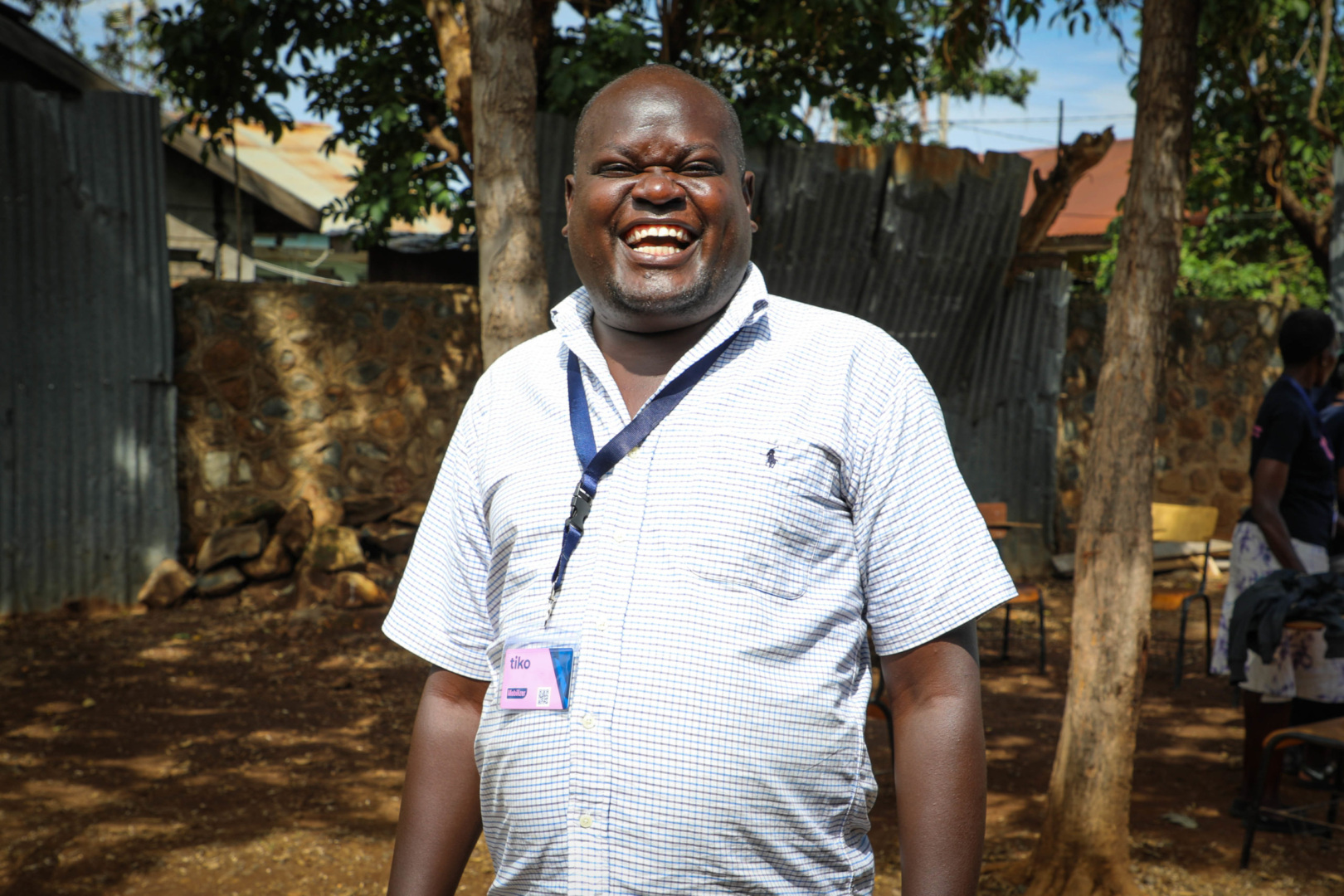
From the Tiko store business owners to the young community mobilisers providing a safe and confidential service through the app, communities across Kenya are coming together to fight for the rights of young women and girls. These emerging ecosystems of support are helping girls make positive life decisions, creating an environment where everyone, no matter their gender, has the freedom to choose.
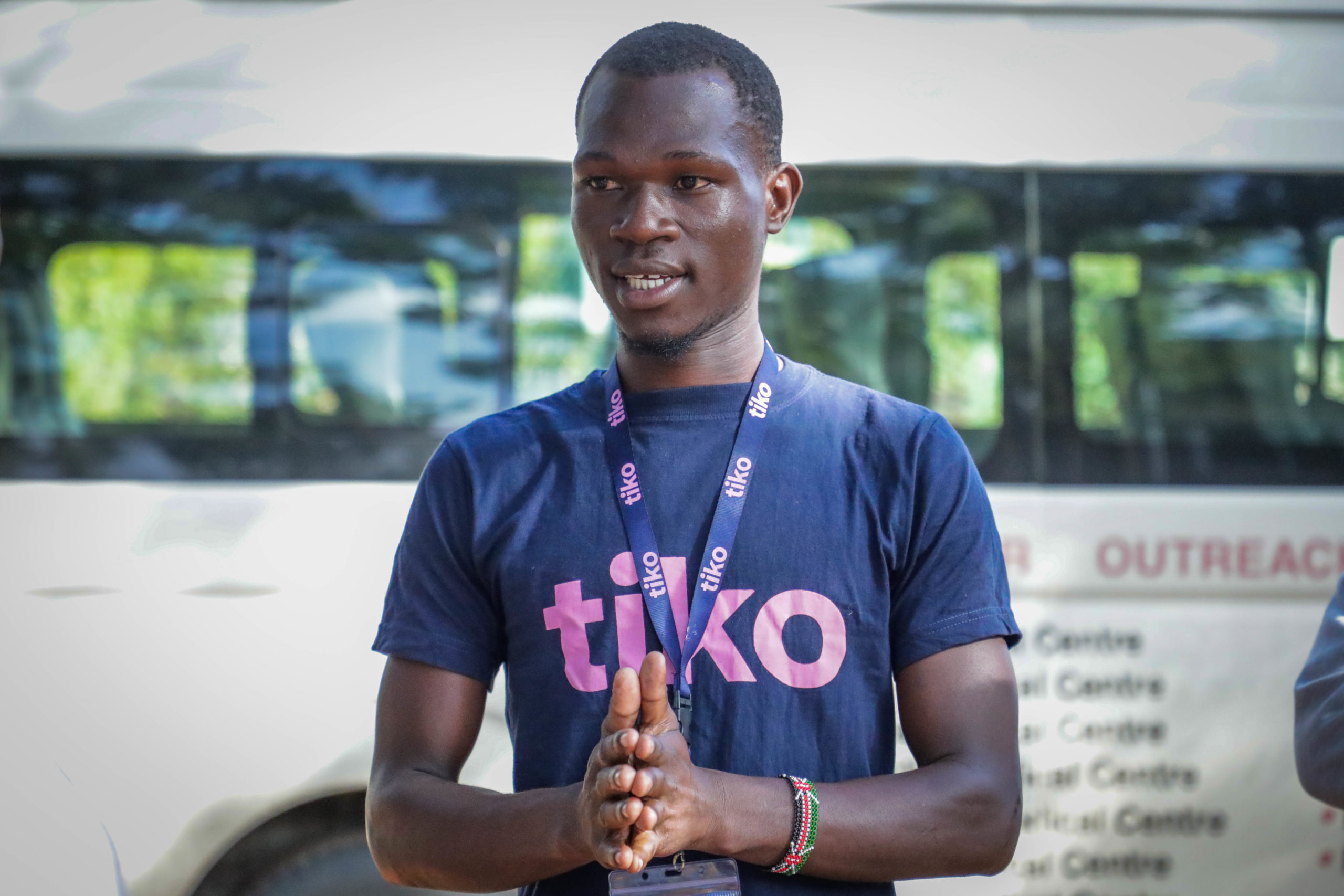
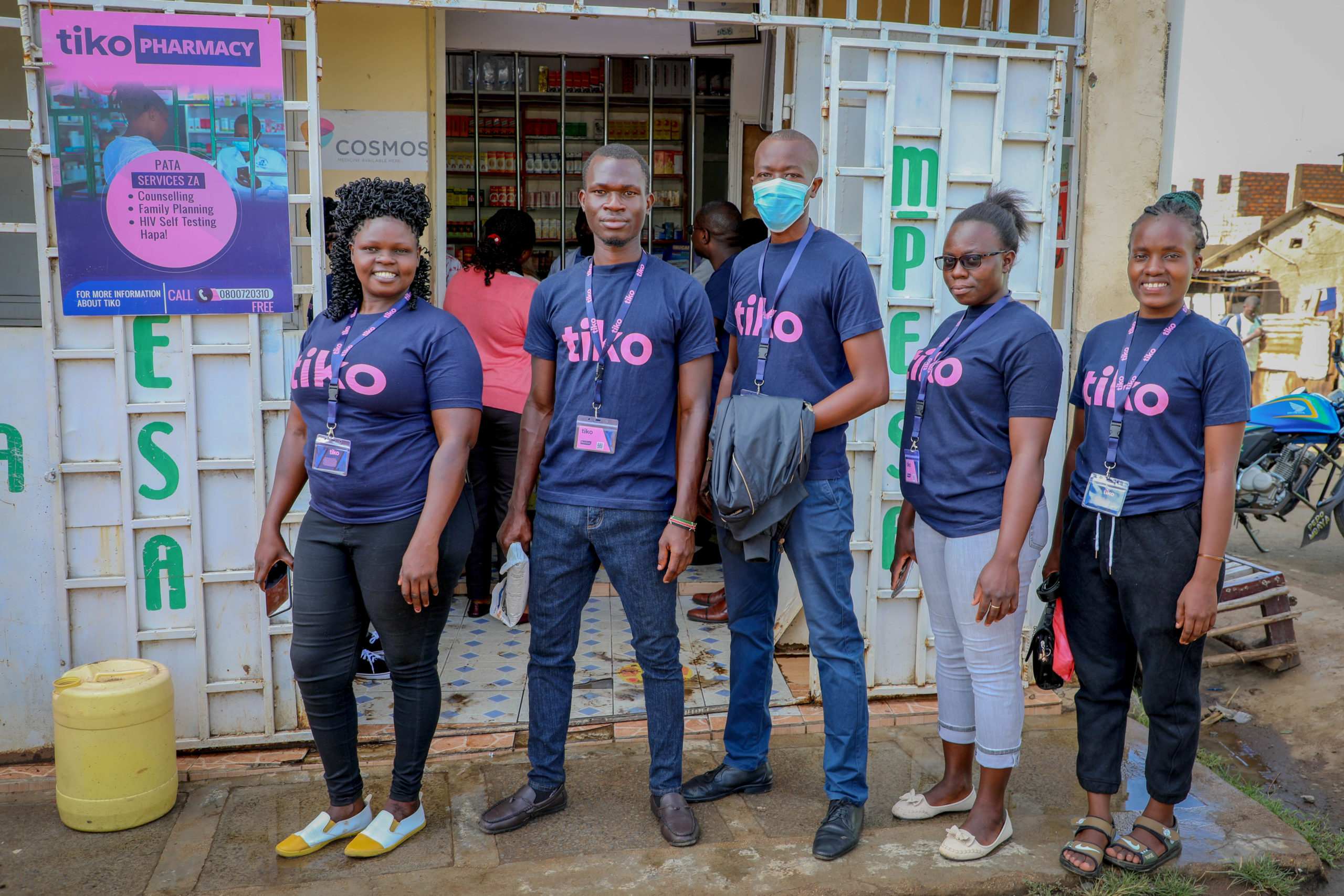
Learn more about Triggerise and Tiko
Read more stories about our COVID-19 response programme in East Africa:
Strengthening health systems in East Africa to fight COVID-19
Stories of Hope: empowering East Africa’s next generation of journalists
A special thank you to Steasy and the team at Amazon Theatrics Ensemble for sharing their experiences, and to the team at Triggerise for their partnership in this programme.
This is a project funded by the European Union and the Aga Khan Foundation and implemented by agencies of the Aga Khan Development Network. Views and opinions expressed are however those of the author(s) only and do not necessarily reflect those of the European Union. Neither the European Union nor the granting authority can be held responsible for them.
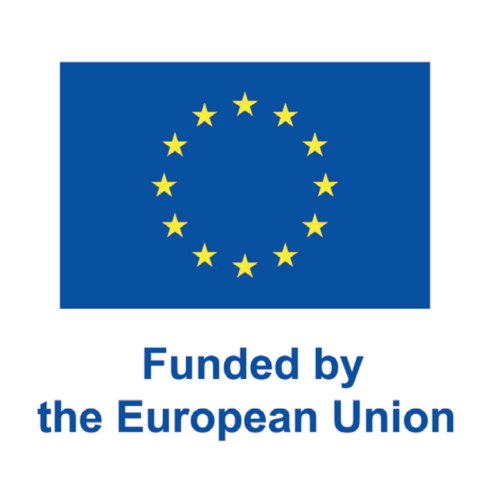
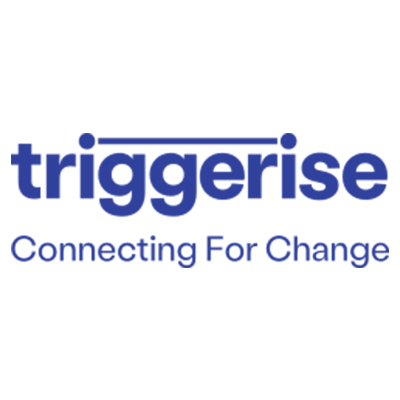
Related News & Stories

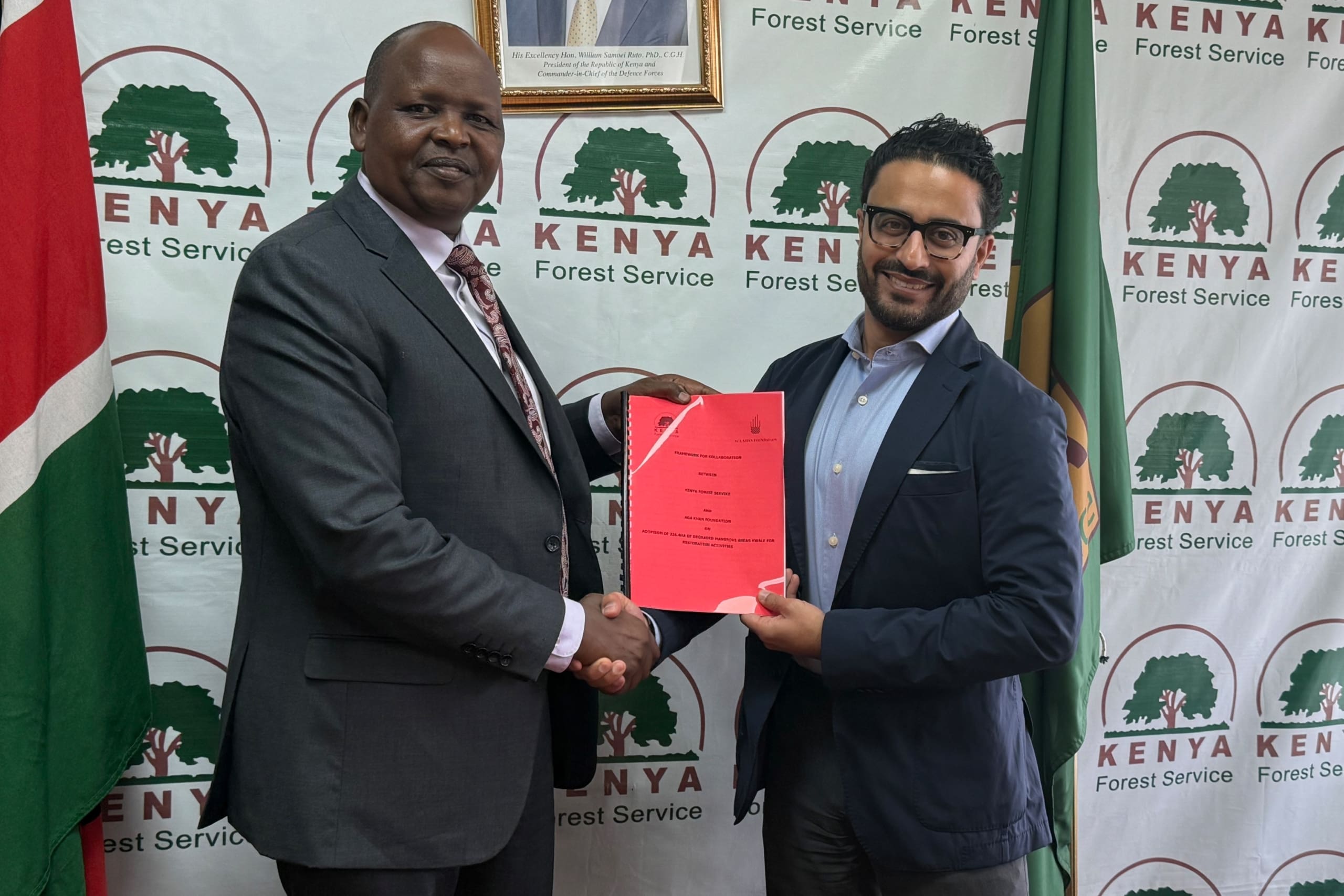
AKF to restore 226 hectares of mangroves in Kenya’s Gazi Bay
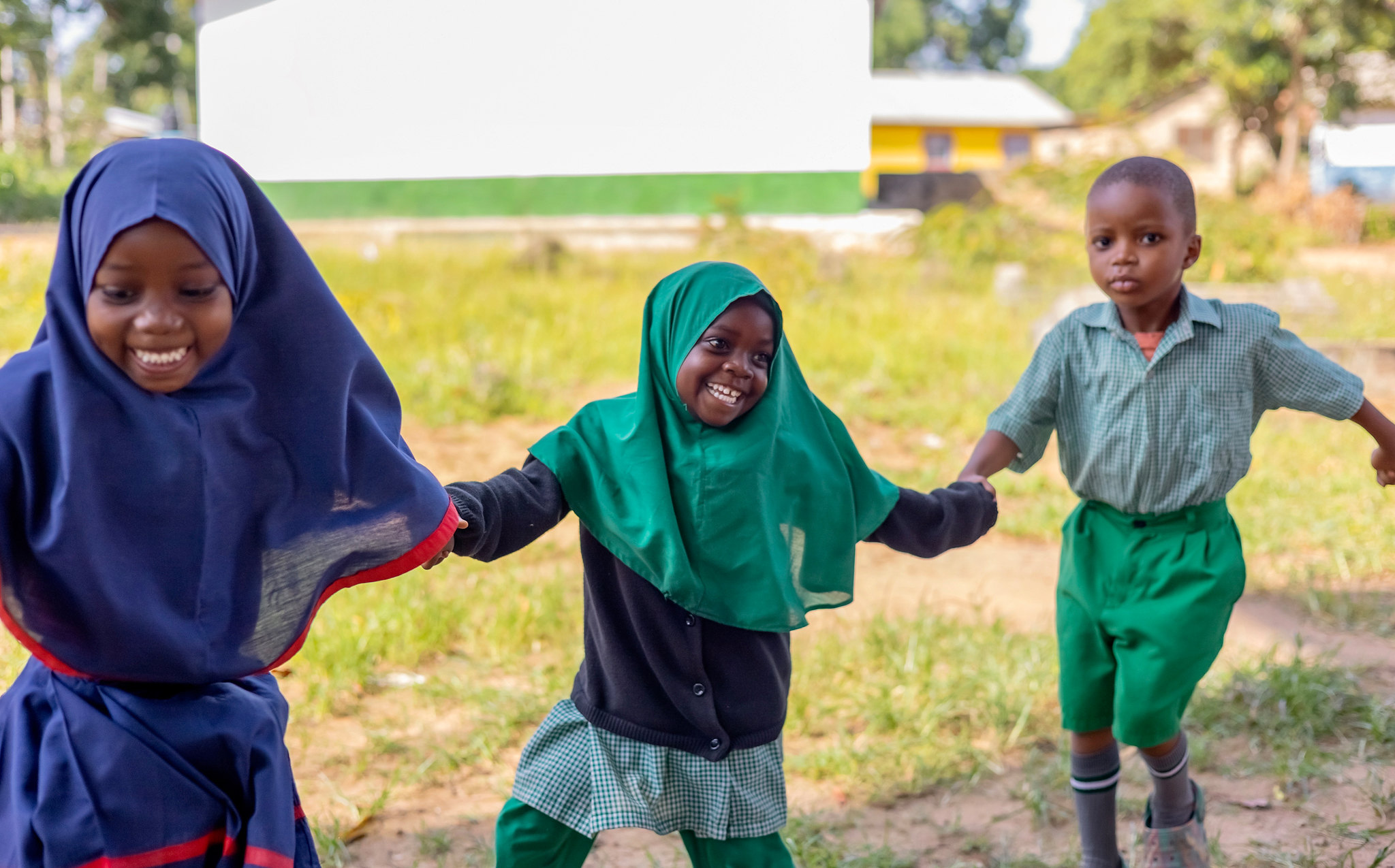
AKF and Bezos Family Foundation expand partnership to boost early childhood development in Asia and Africa
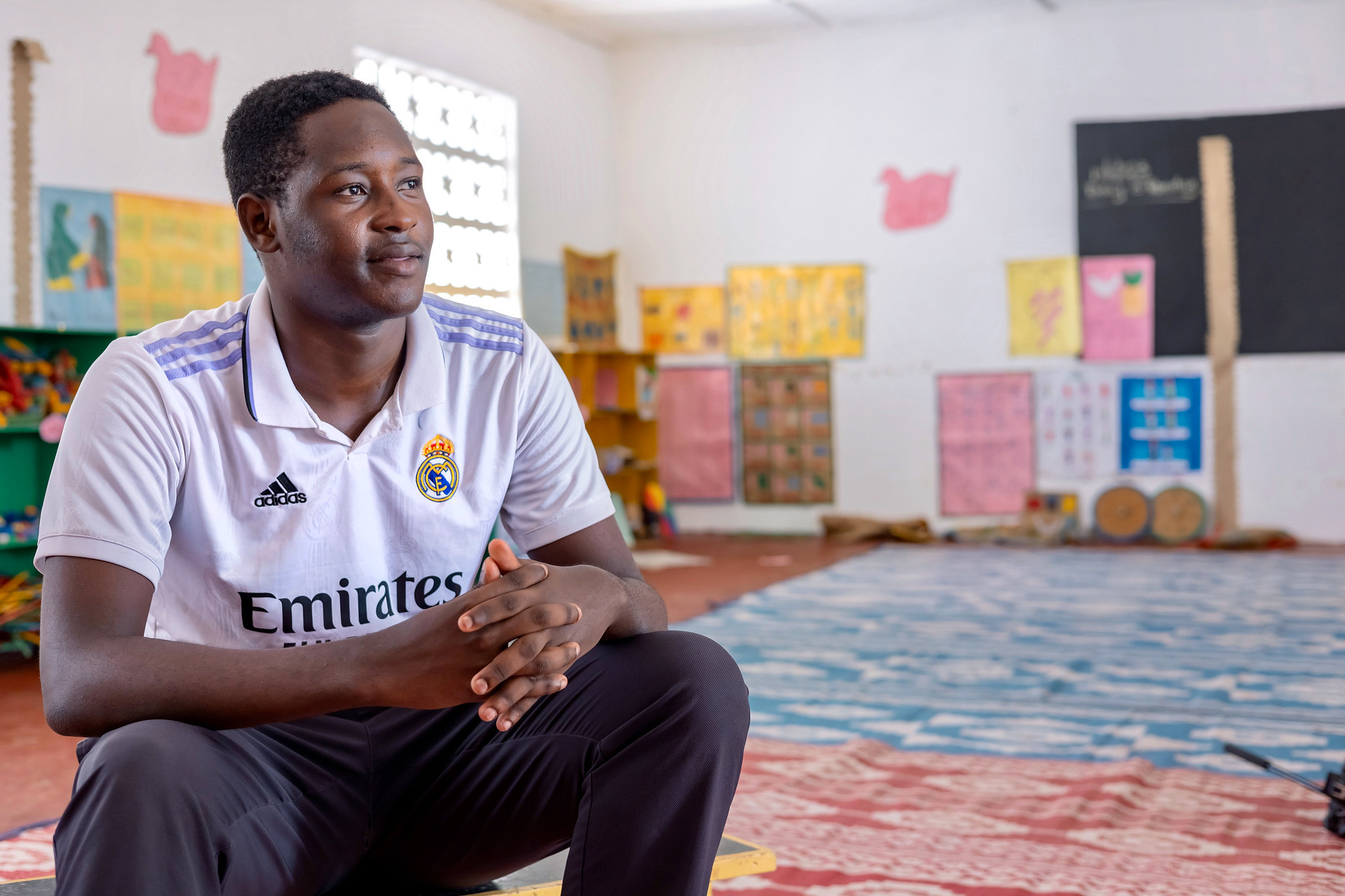
The graduate: Meet Mwinyi in Kenya
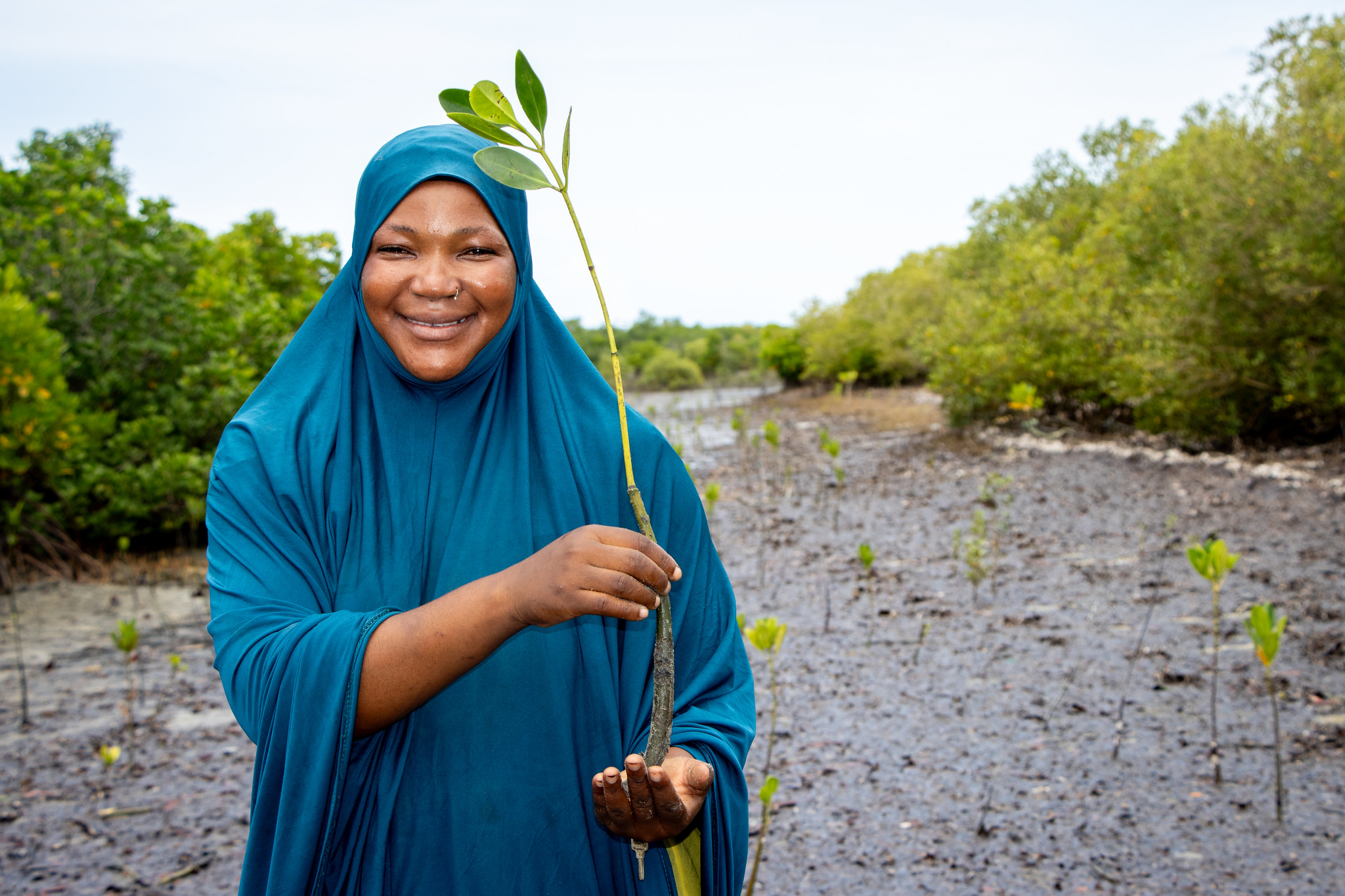
What are Nature-based Solutions?
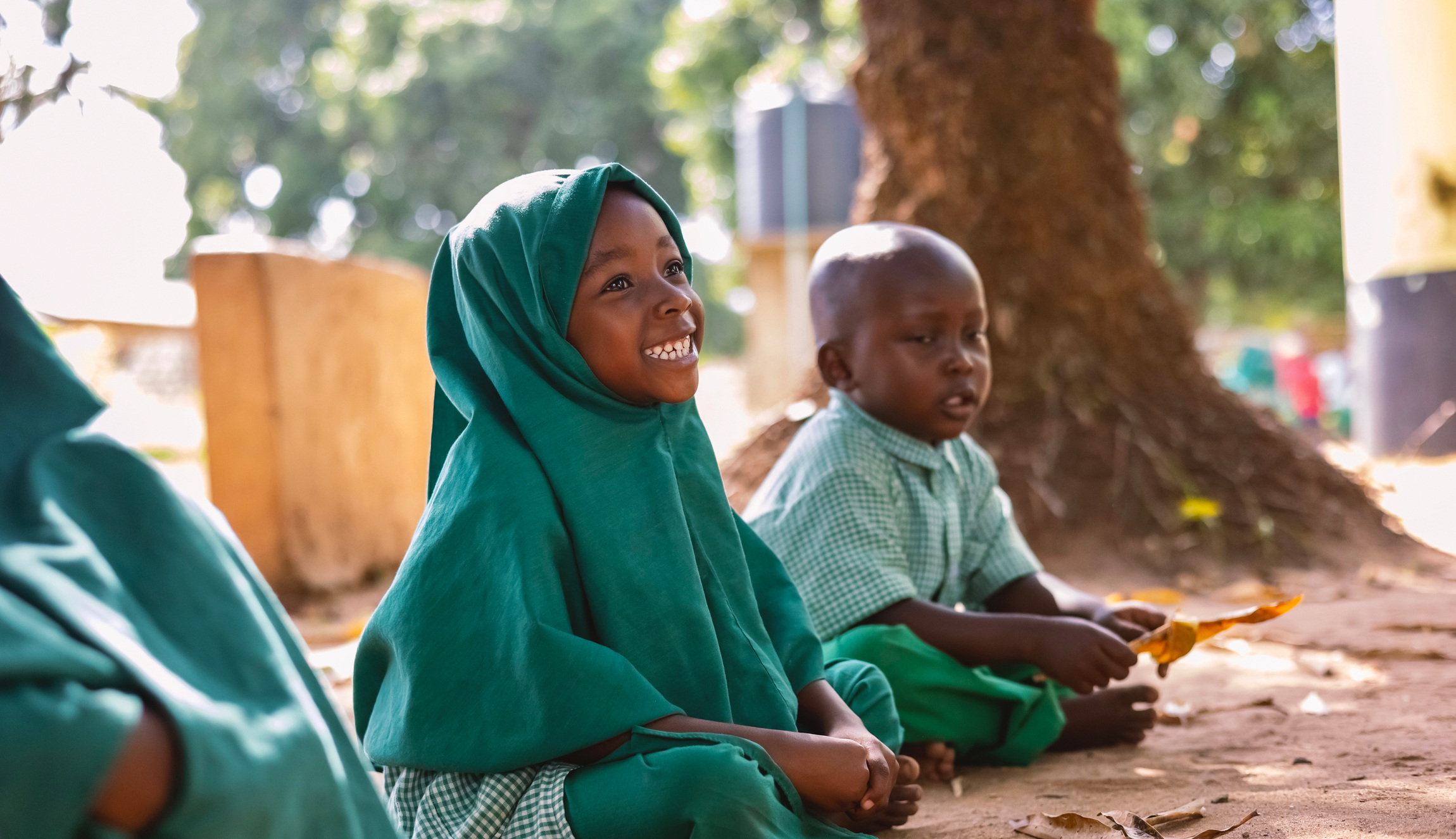
Celebrating 40 years of the Madrasa Early Childhood Programme

Support our work Your donations are helping us build a future where we all thrive together.


